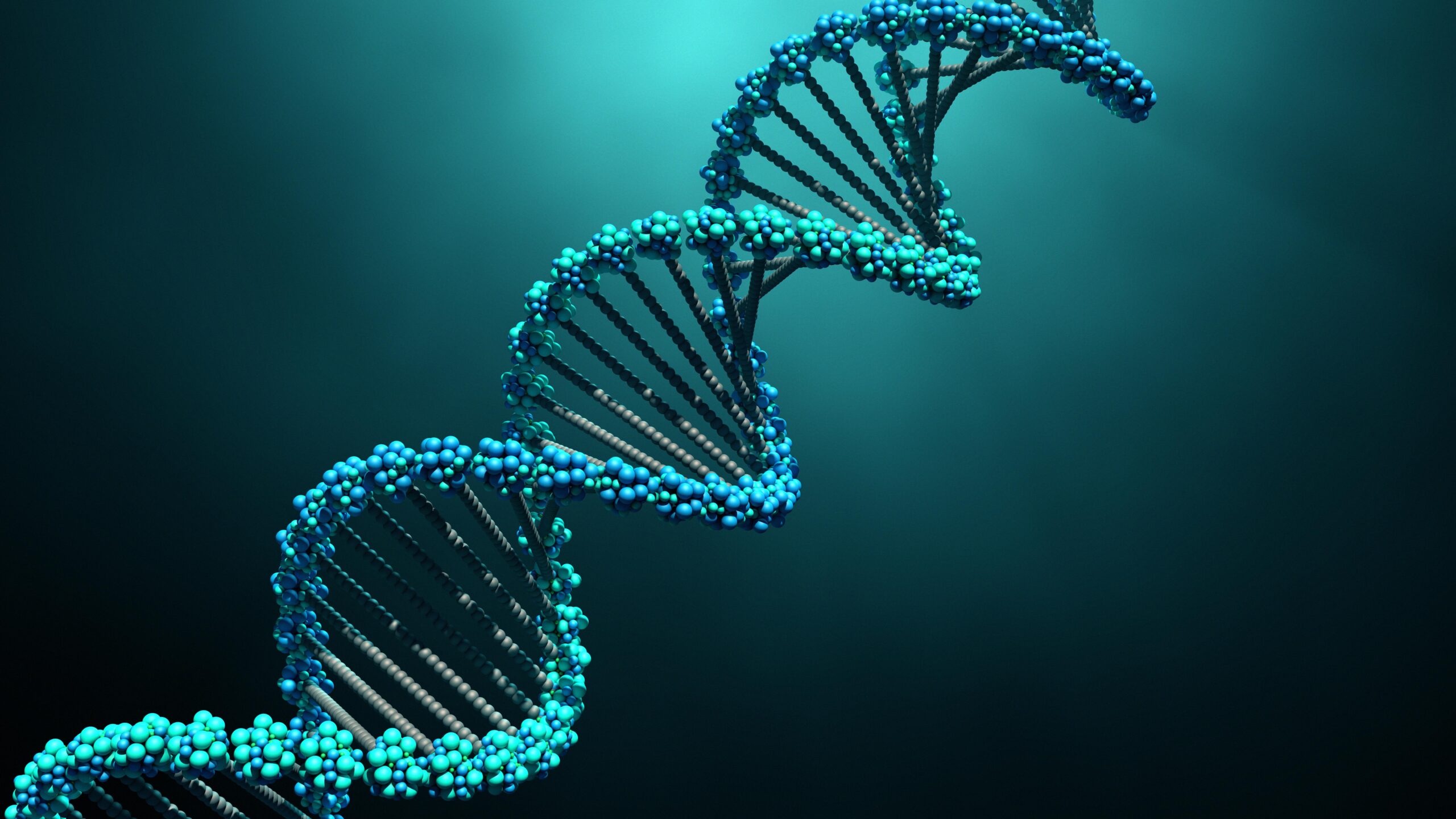The role of genes in health, strength and fitness remains a source of constant debate. Just how much do you genes affect how well you respond to exercise? Can anybody be Mr Olympia or the World’s Strongest Man, or must they possess certain specific genes – such as the much-vaunted “Hercules” gene?
Now a new study has brought some potential clarity to this debate. Researchers from Anglia Ruskia University in the UK claim that genetics can explain up to 72% of the difference in outcome between people performing a specific fitness exercise.
Genes: determining fitness outcomes

The researchers analysed data from just over 3000 adults aged between 18 and 55 who had not previously taken part in exercise training. The researchers combined 24 separate studies in their meta-analysis.
Participants all showed improvements in muscle strength, cardiovascular fitness, and anaerobic power, but to varying degrees, even when performing exactly the same exercises.
With regard to muscle strength, they discovered that genetic differences are responsible for 72% of the variation in outcomes for people following identical exercises.
Genetic differences were responsible, in their estimation, for 44% of the differences seen following cardiovascular fitness exercises, measured through VO2max testing, and 10% of the differences following exercises to improve anaerobic power.
According to the scientists, the remaining variations are influenced by other factors such as diet and nutrition, recovery, and injuries.
The researchers believe that the keys to the genetic differences may lie in the alleles, which in layman’s terms are responsible for influencing how effectively a gene works.
In total, the study identified 13 genes and their associated alleles that they believe are responsible for how well the body reacts to cardiovascular fitness, muscular strength, and anaerobic power exercises.
In the future, the researchers believe that gene testing could allow exercises to be tailored so they are more effective for each individual. This would be a significant departure from the current model, which generally assumes that exercises will benefit people equally. This could new approach could benefit everyone – not just elite athletes but also patients undergoing rehabilitation.
A mathematical model to predict the best way to work out!?
In a recent article, we reported on a new mathematical model which it is claimed could be used in the near future to predict the optimal way to work out, on an individual basis.
The researchers believe that one day soon the model could be used as part of a software package to allow users to optimise their exercise regimes by providing just a few details about their individual physiology.
The research could be of particular value to athletes, explains Neil Ibata, one of the principal researchers. “So much time and resources could be saved in avoiding low-productivity exercise regimes, and maximising athletes’ potential with regular higher value sessions, given a specific volume that the athlete is capable of achieving.”
The model is based on earlier work the researchers carried out which showed that a component of muscle called titin creates the chemical signals which control muscle growth. They used methods taken from theoretical biophysics to build the model, which amazingly predicts the extent to which a specific amount of exertion will cause a muscle to grow and how long it will take.
Click here to read more about this amazing research!
Lead author Henry Chung, a Postgraduate Researcher at Anglia Ruskin University (ARU), said: “We know that exercise is good for us, but we all improve at different rates, even when following identical training regimes. This means there are other factors at play.
“Our study found 13 genes that have a role in exercise outcomes, and we found that specific alleles contained within these genes are more suited to certain aspects of fitness. For example, with repetition exercises designed to boost muscular strength, genetic differences explained 72% of the variation in outcomes between people following the same training.
“Because everyone’s genetic make-up is different, our bodies respond slightly differently to the same exercises. Therefore, it should be possible to improve the effectiveness of an exercise regime by identifying someone’s genotype and then tailoring a specific training programme just for them.
“This could particularly benefit those who need to see improvements in a short period of time, such as hospital patients, or elite sportspeople, where marginal improvements could mean the difference between success and failure.”

Don’t hesitate to email us at [email protected] for personalized coaching and a client questionnaire if you’d like DEDICATED tailor-made personal training on strength training, building muscle, losing fat, developing athleticism, and more — all to your liking, lifestyle, habits, and taste!
Otherwise, don’t forget to claim your FREE eBook detailing how to lose 20lb of fat while building muscle in 12 weeks! You can claim it here.
Alternatively, you can pick up a FREE eBook on fundamental strength principles offering an introductory workout program.











